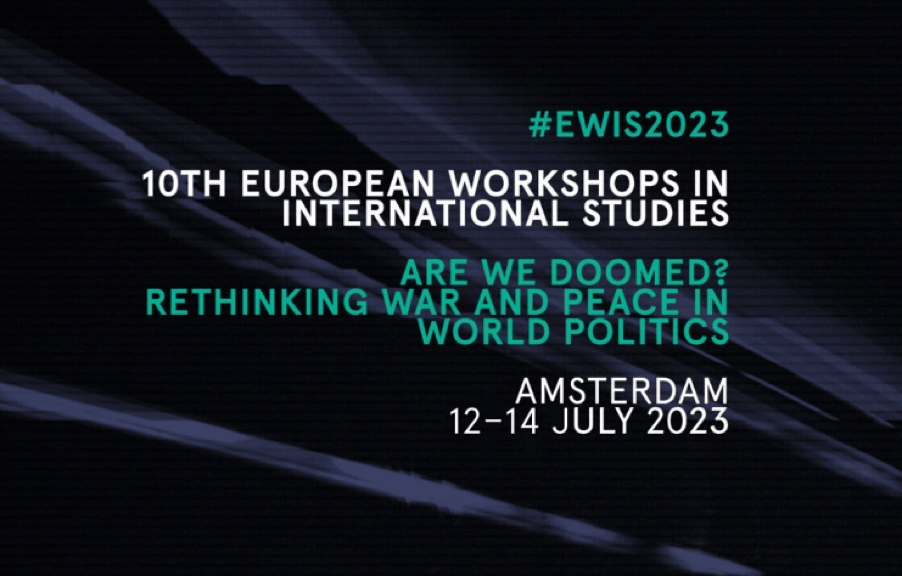Speculative Fiction in the Anthropocene
From an International Relations (IR) perspective, it is interesting to observe how speculative fiction deals with “cognitive estrangement” when it comes to the Anthropocene and classical concepts in world politics such as global governance. Speculative fiction helps us recognise the ways in which global governance takes effect and, from that vantage point, reveals the contradictions and the possibilities in light of the negative effects of the Anthropocene. In this way, speculative fiction can be best understood as a tool to help us better read and understand global governance and the modalities of the Anthropocene. Thus, it becomes not only a way of probing the limits and central contradictions of global governance today, but also as the starting point for exploring the possibilities within it.
Using speculation fiction as a method, this proposed contribution is anchored in a reading of Kim Stanley Robinson’s New York 2140 (2017), a novel about the climate crisis and global financial governance. As a “critical” fiction, the novel reveals the larger forces of the capitalist system structuring individual choices while exposing those forces not as otherworldly but as profoundly historical and material. By relentlessly depicting the world of financial governance, including its violent abstractions, the novel exposes a profoundly crisis-prone system that continuously offer opportunities for political action and change. Thus, I use the novel to think through the necessity of speculative fiction in IR, to ask how we might revise our conceptual tools in light of contemporary world politics in which global financial governance has become hegemonic. In this way, it offers inspiration for both methods and perspectives for IR in the Anthropocene, as well as imagining alternative futures in our current finance-oriented world system.
